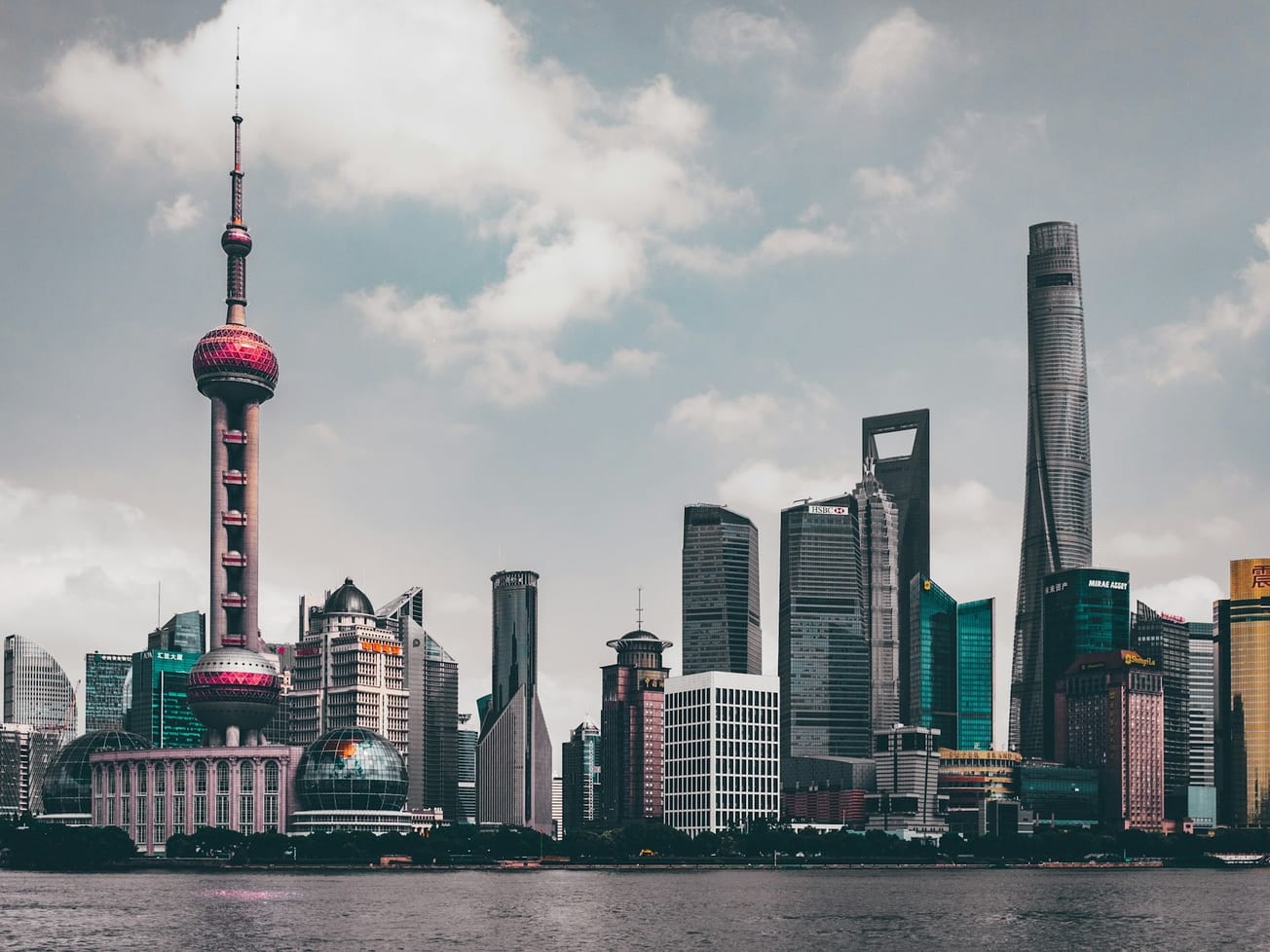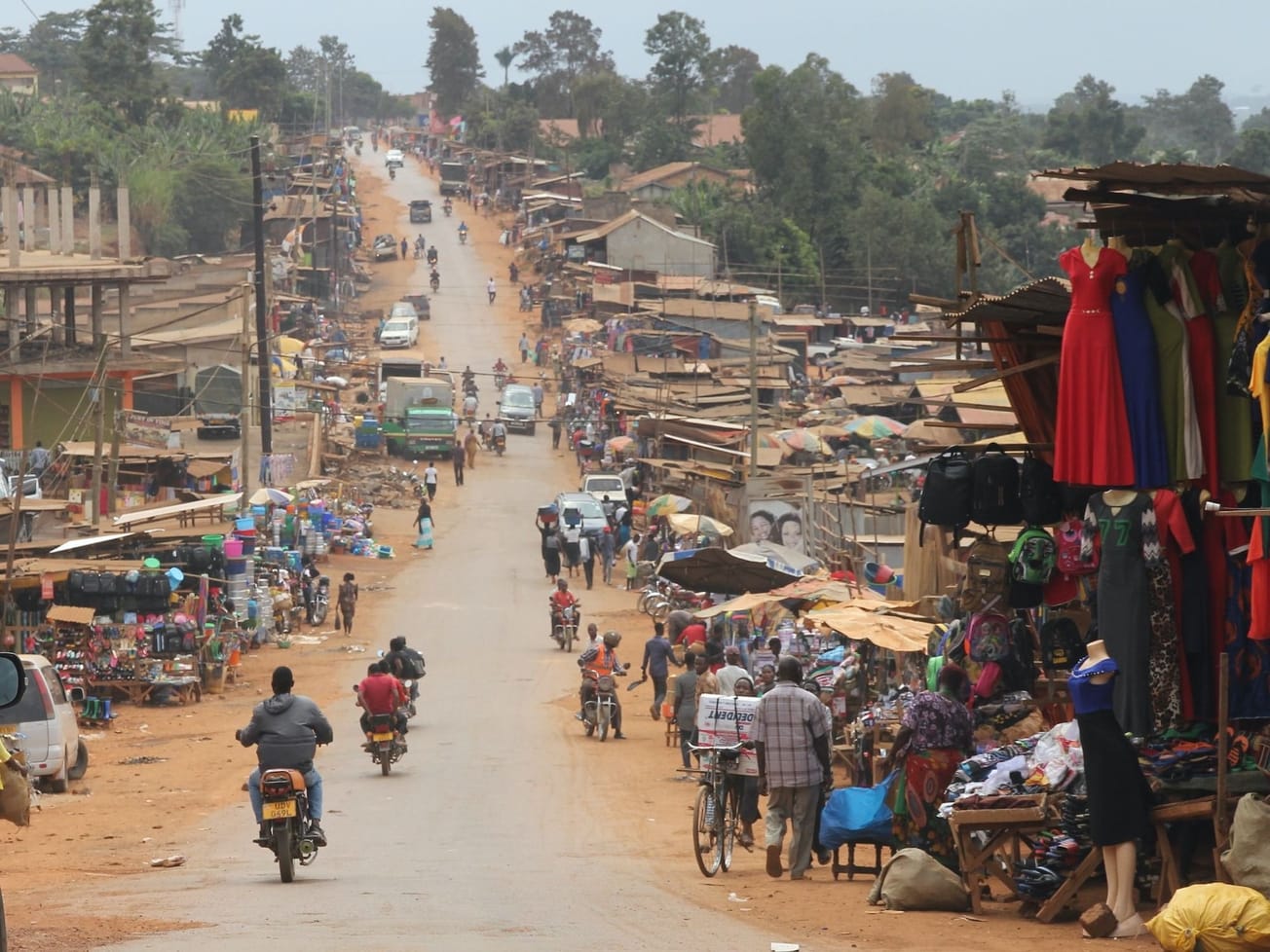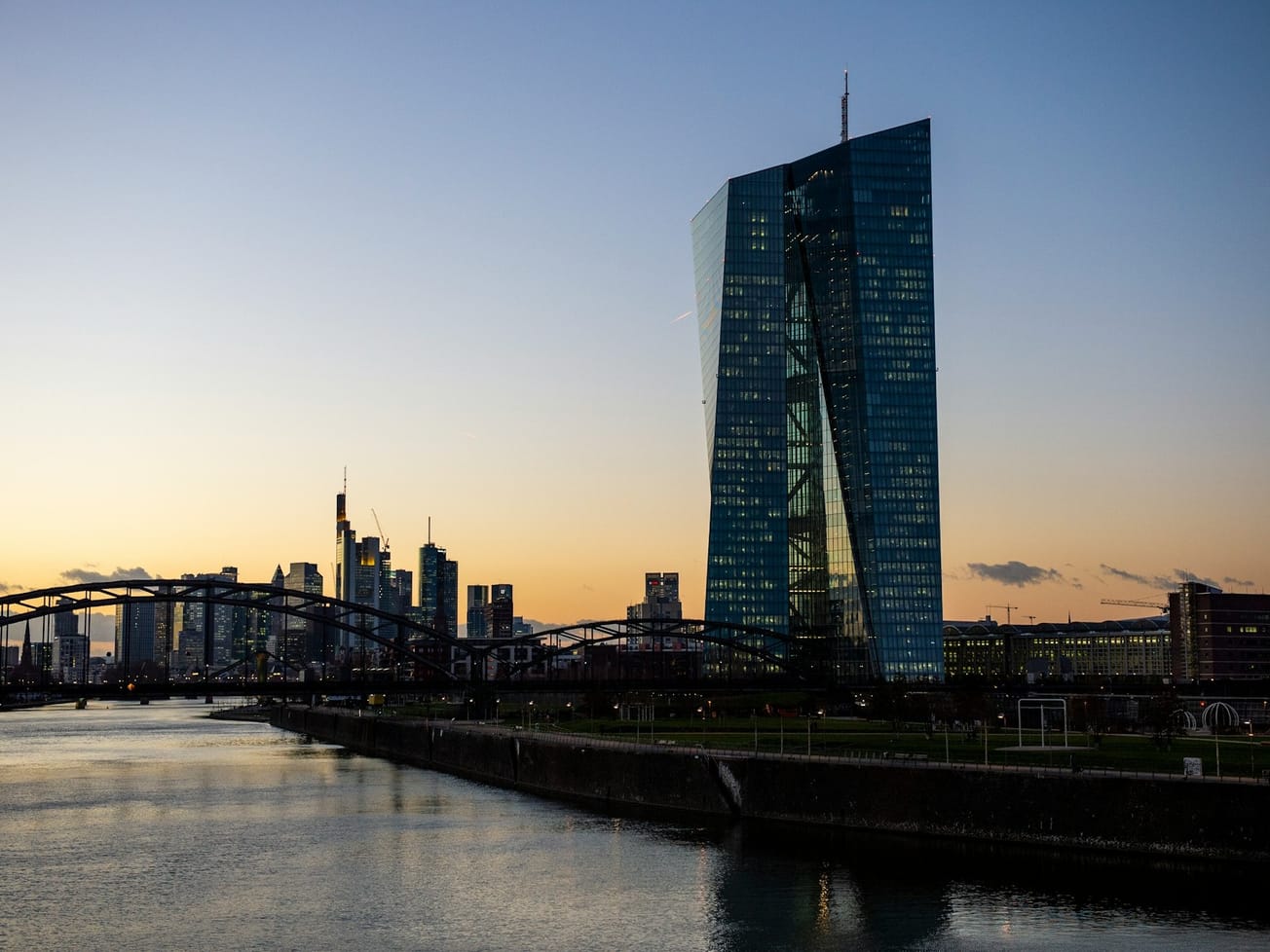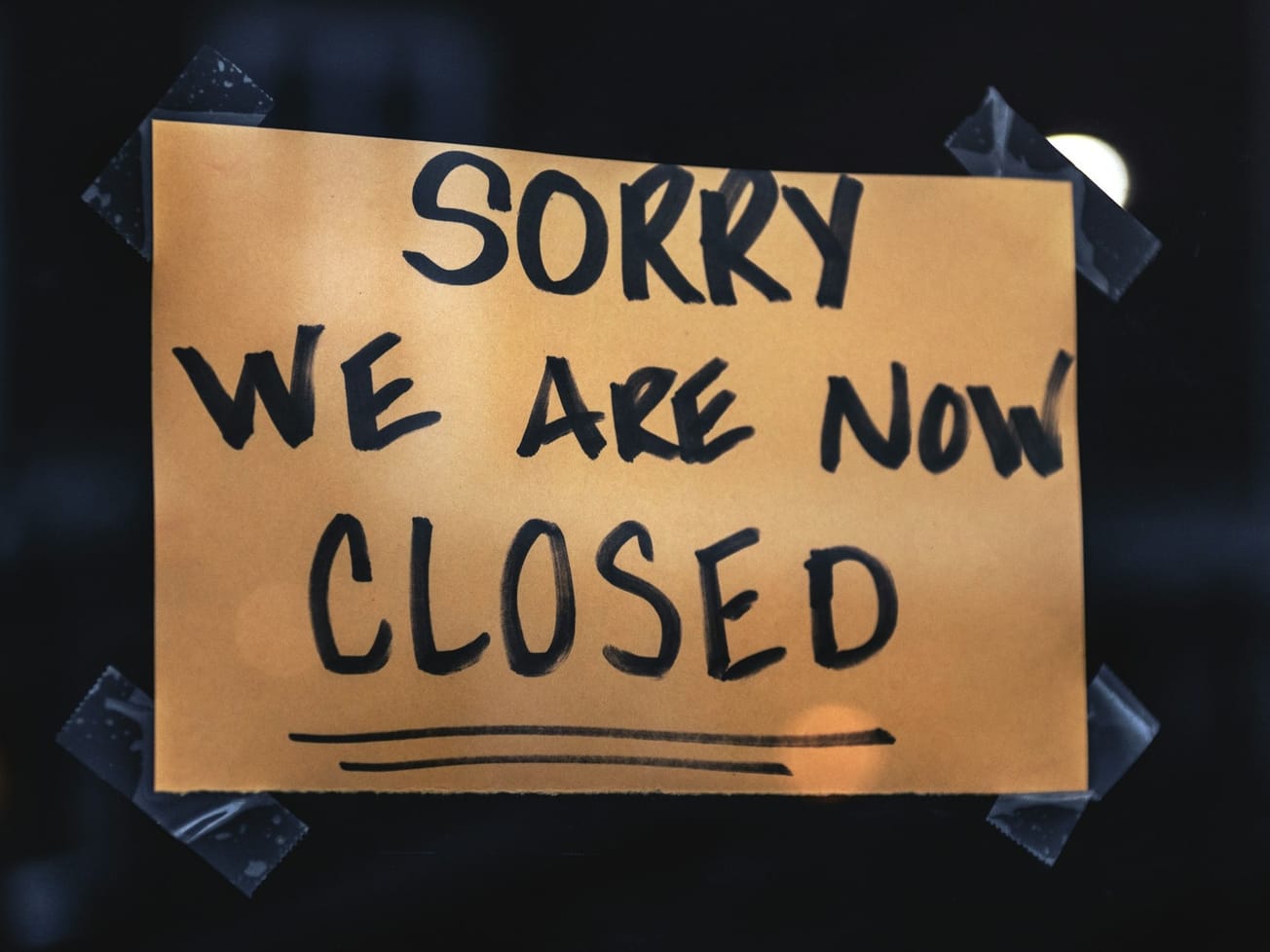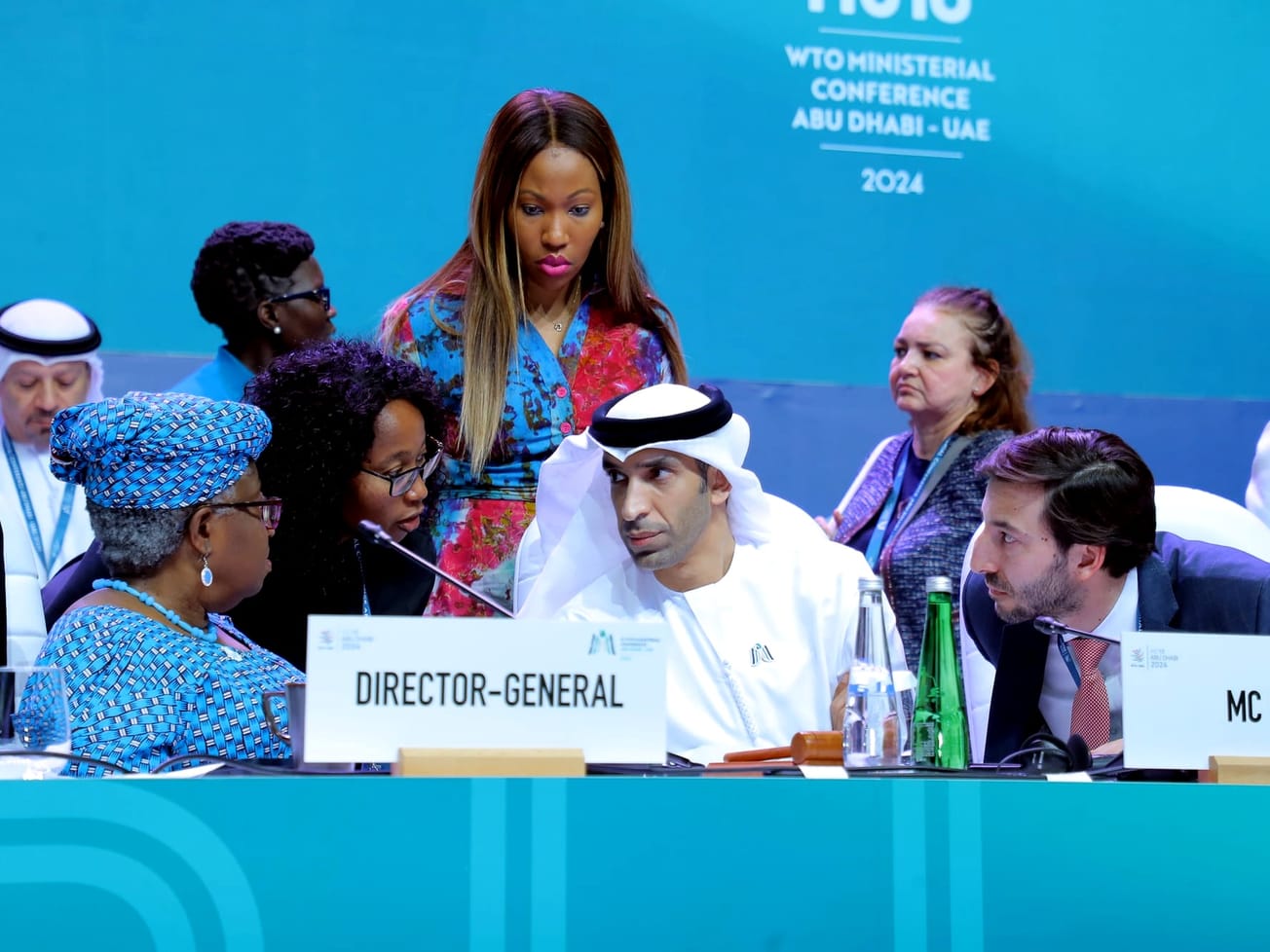
WTO biennial summit goes extra day but lacks any new major agreements
From fishing subsidies to agricultural reforms, the World Trade Organization failed to reach common ground.
Our coverage of the U.N.'s 17 'Global Goals' for ending poverty, protecting the planet and ensuring that by 2030 everyone is able to enjoy peace and prosperity.

Already have an account? Log in
From fishing subsidies to agricultural reforms, the World Trade Organization failed to reach common ground.
IMF forecasts a strengthening global economy as inflation cools, but warns of the threat of wars and other disruptions.
FAO's Food Price Index tracks five commodity groups. Experts say food distribution is a worry even if supplies are plentiful.
Global economic growth is projected to slow to 2.4% this year, down from 2.7% in 2023 and 3% before the pandemic began.
The World Bank is warning of a "lost decade" as rising interest rates push developing economies to the brink.
The summit marking BRI's 10-year anniversary notably drew Russia's Putin as a guest of honor among 130 nations' leaders.
Multilateral bank leaders said the world faces a global 'polycrisis' affecting development at an unprecedented scale.
Each of the Geneva-based global initiatives developed by the GESDA Foundation won pledges of millions of Swiss francs.
The idea is to speed up the adoption of a global economic model that more closely aligns with the U.N.'s 17 Global Goals.
A new report says the world's marketplace appears to be growing at a modest rate that's defined as a global recession.
Just 15% of the SDGs – which include 169 specific targets and 17 broad goals that the world agreed to in 2015 – is on track.
Nine social robots offered mixed responses to reporters' questions about how strictly they should be regulated.
The Bank for International Settlements' general manager said the key policy challenge remains fully taming inflation.
As interest rates soar and the economy slows, the World Bank sees an 'enduring setback' for many developing economies.
As the only G-7 member to have joined Beijing's sprawling global pact, Italy had indicated it would leave. But now Prime Minister Giorgia Meloni says the decision is still up in the air.
A study finds sanctions contribute to a rise in mortality, poverty and inequality, and a decline in income and rights.




